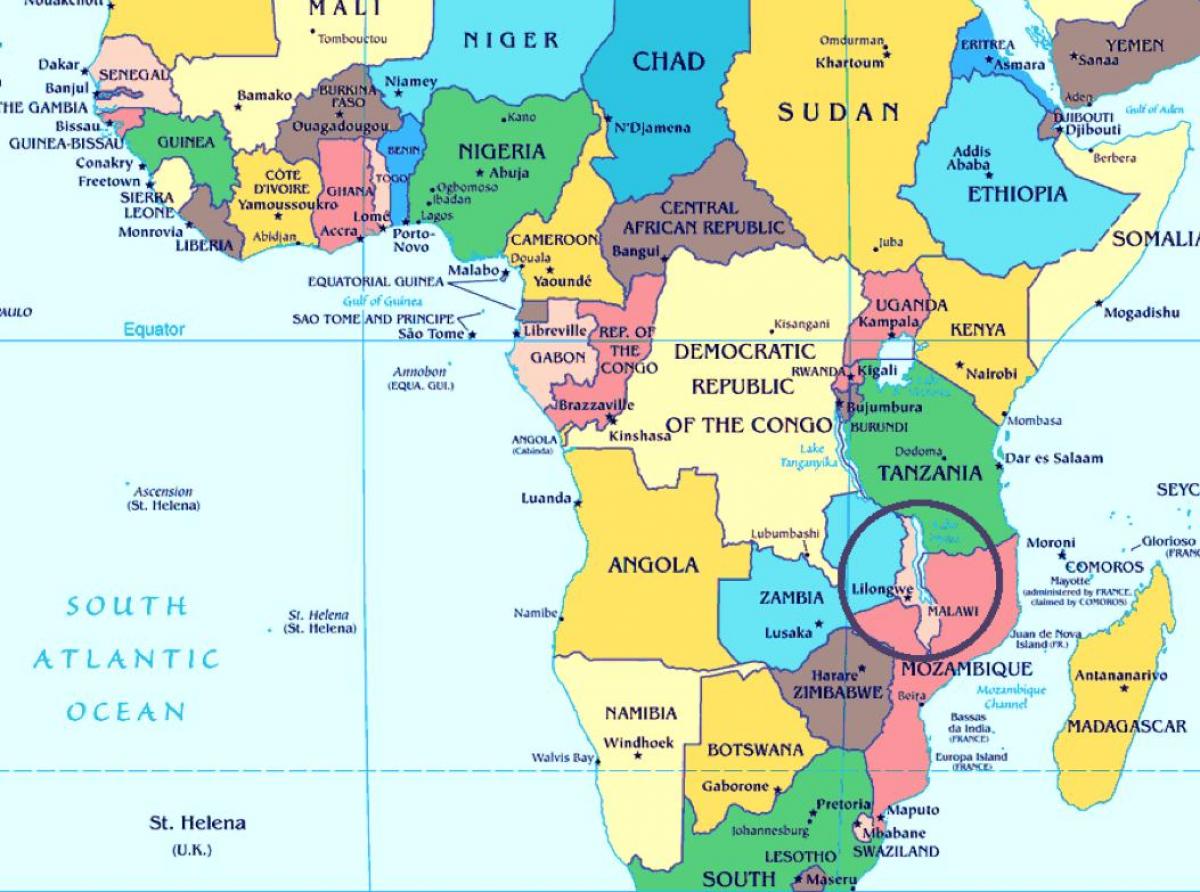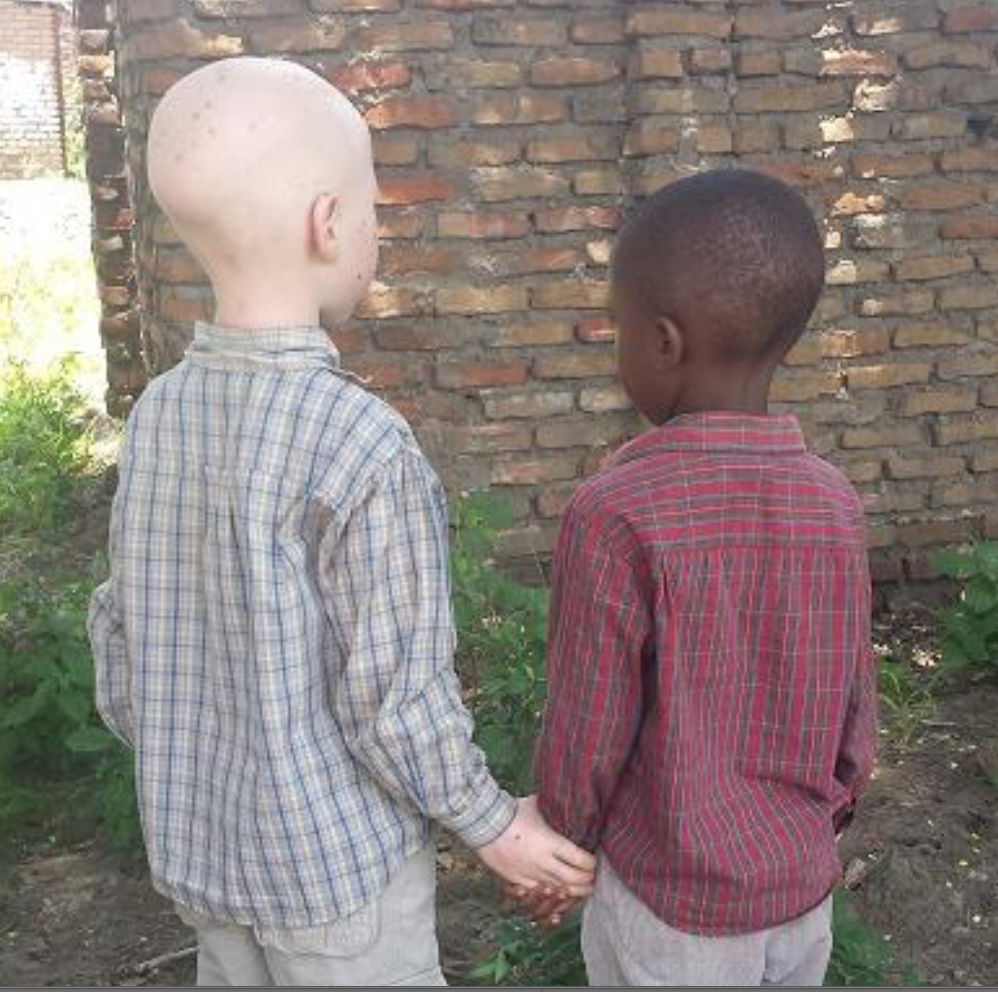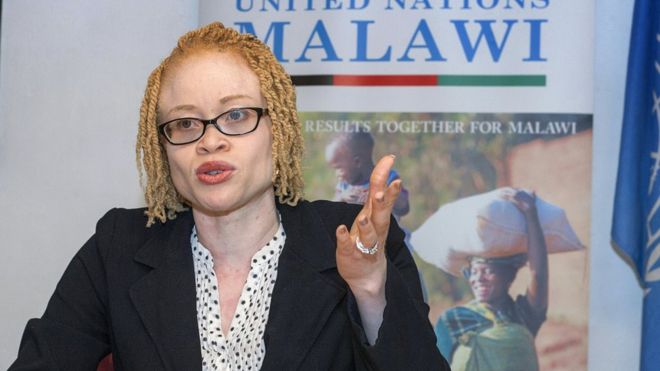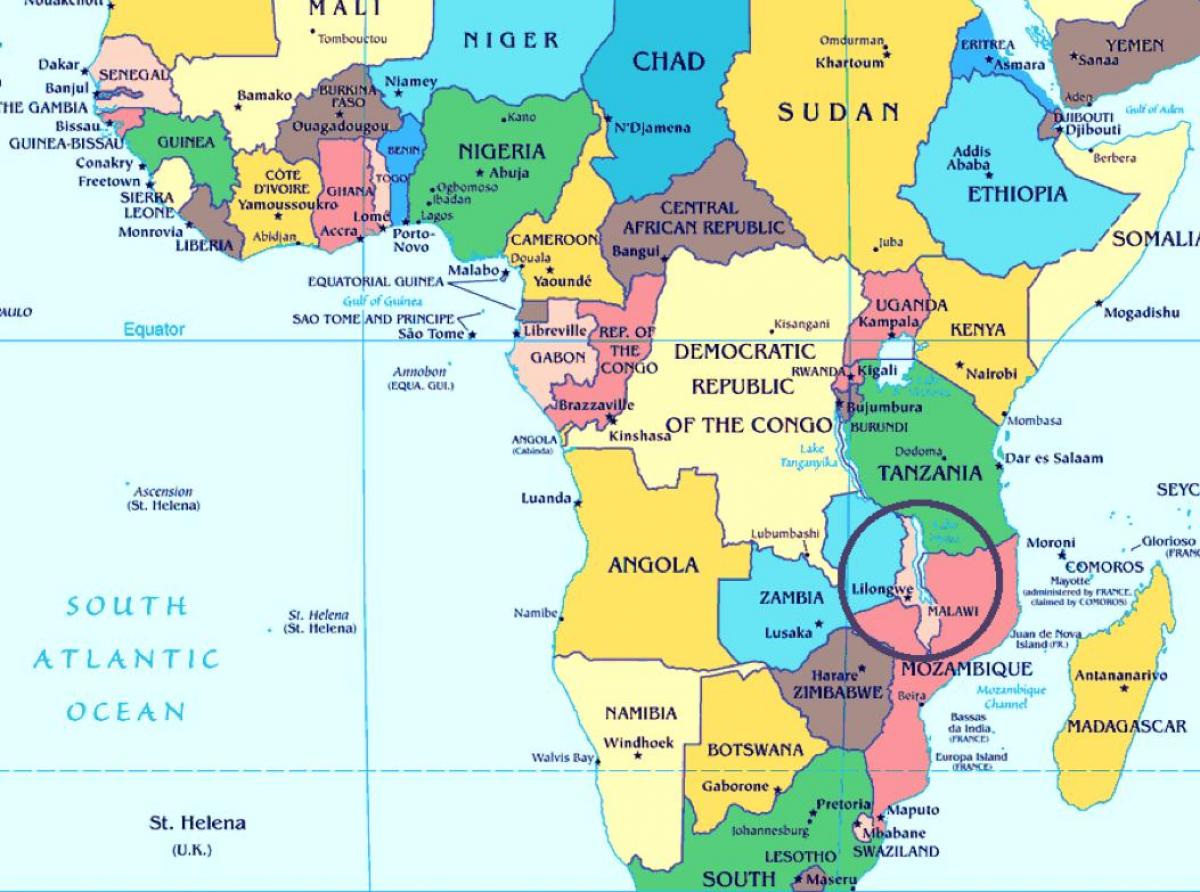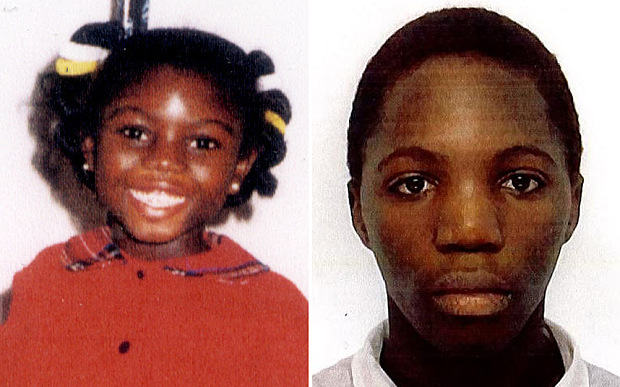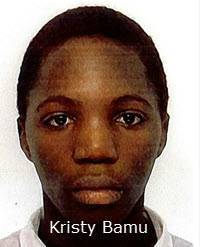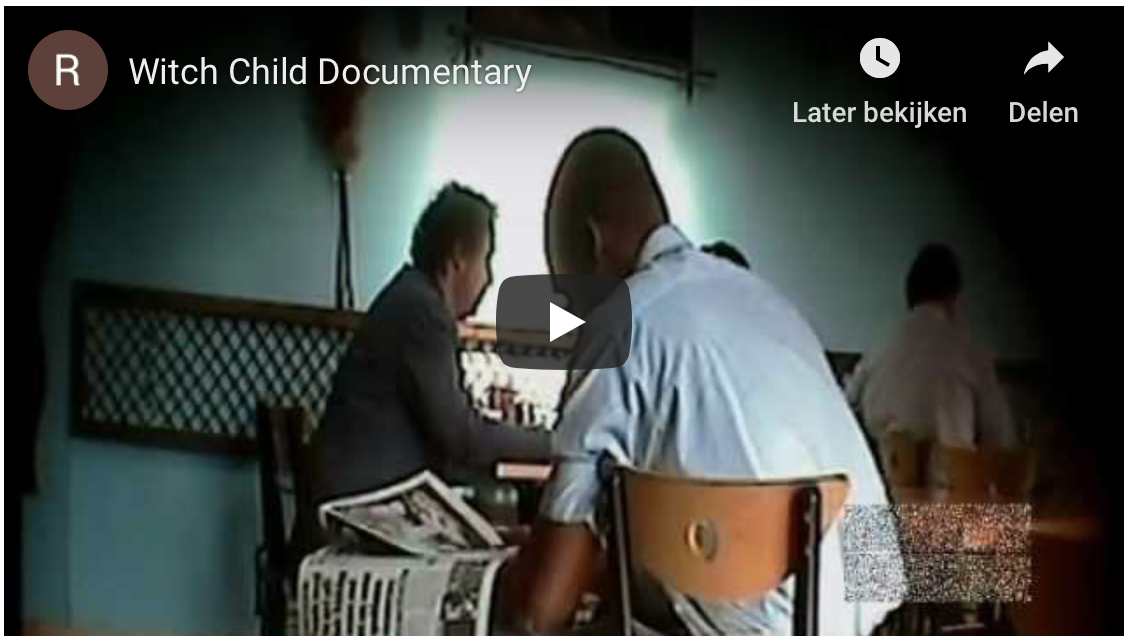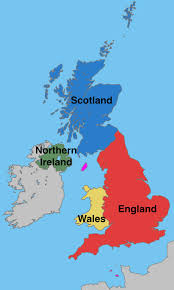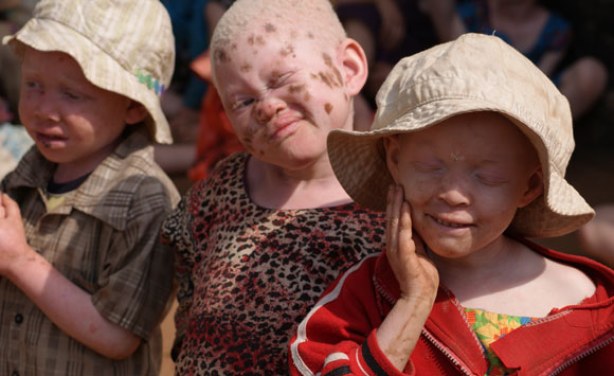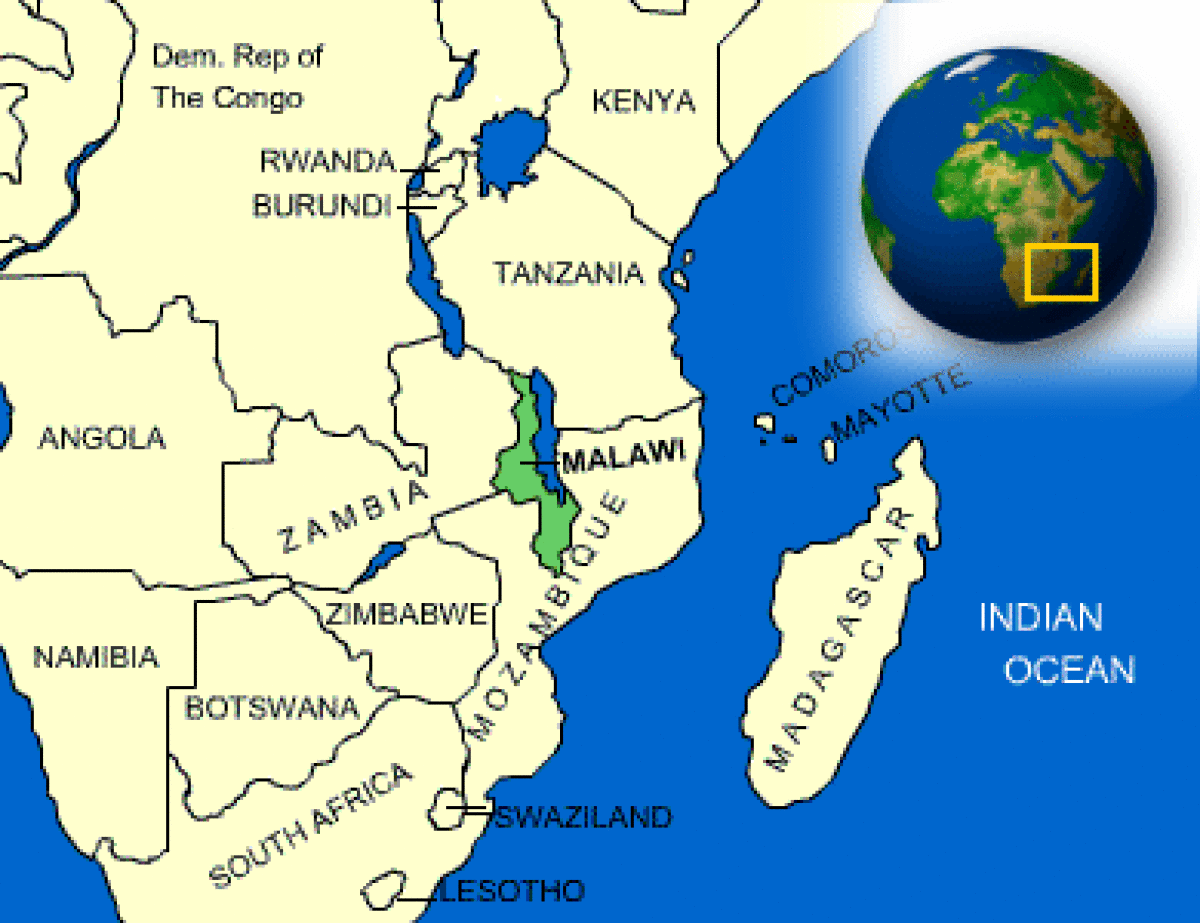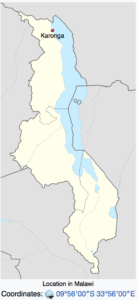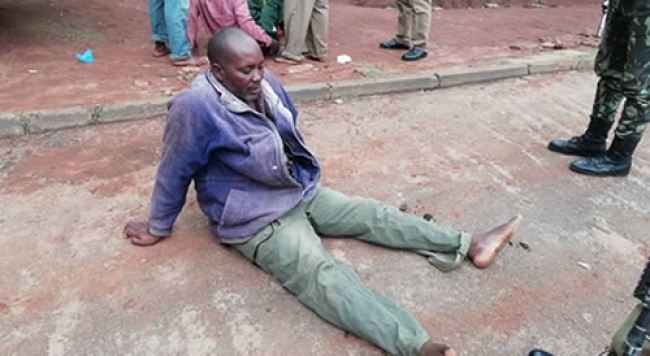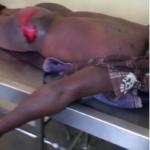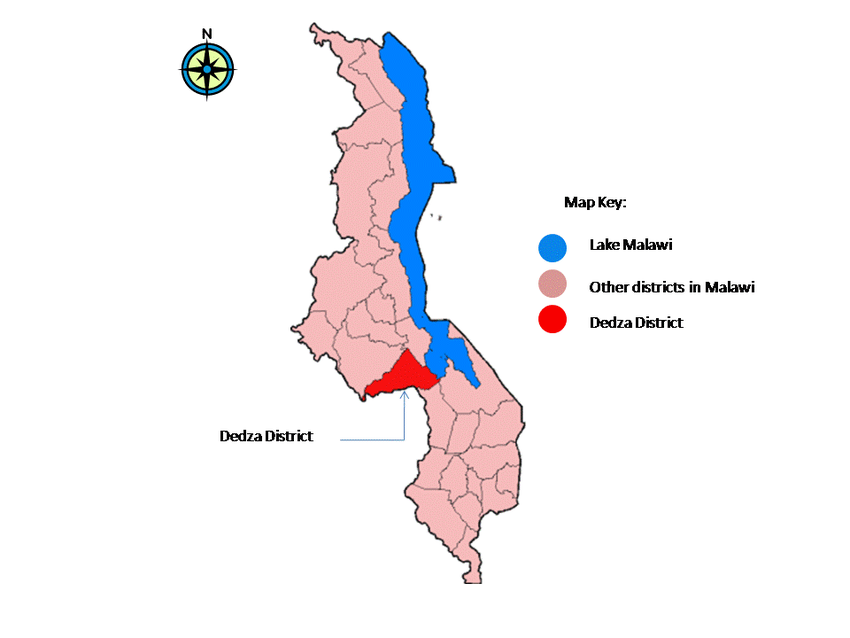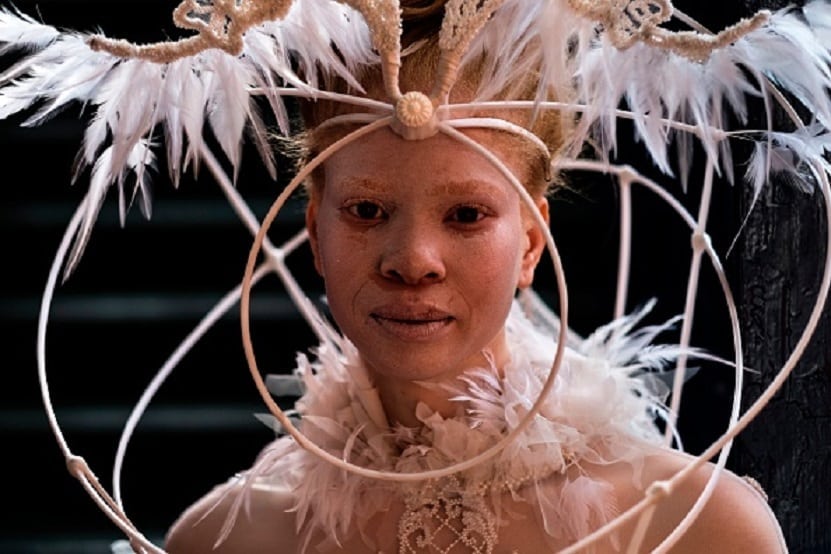Amnesty International has been particularly active in exposing the atrocities taking place in Malawi whereby people with albinism are attacked, mutilated and/or killed by ruthless criminals. Much has already been said about the reasons for these attacks – see previous publications – so I won’t repeat this. Moreover, you can read about it in this 2016 publication of Amnesty International reproduced below.
Amnesty International’s cry for justice and to stop the killings of albinos in Malawi was accompanied by a number of examples.
Warning: details of these revelations may be experienced as shocking. (Webmaster FVDK)
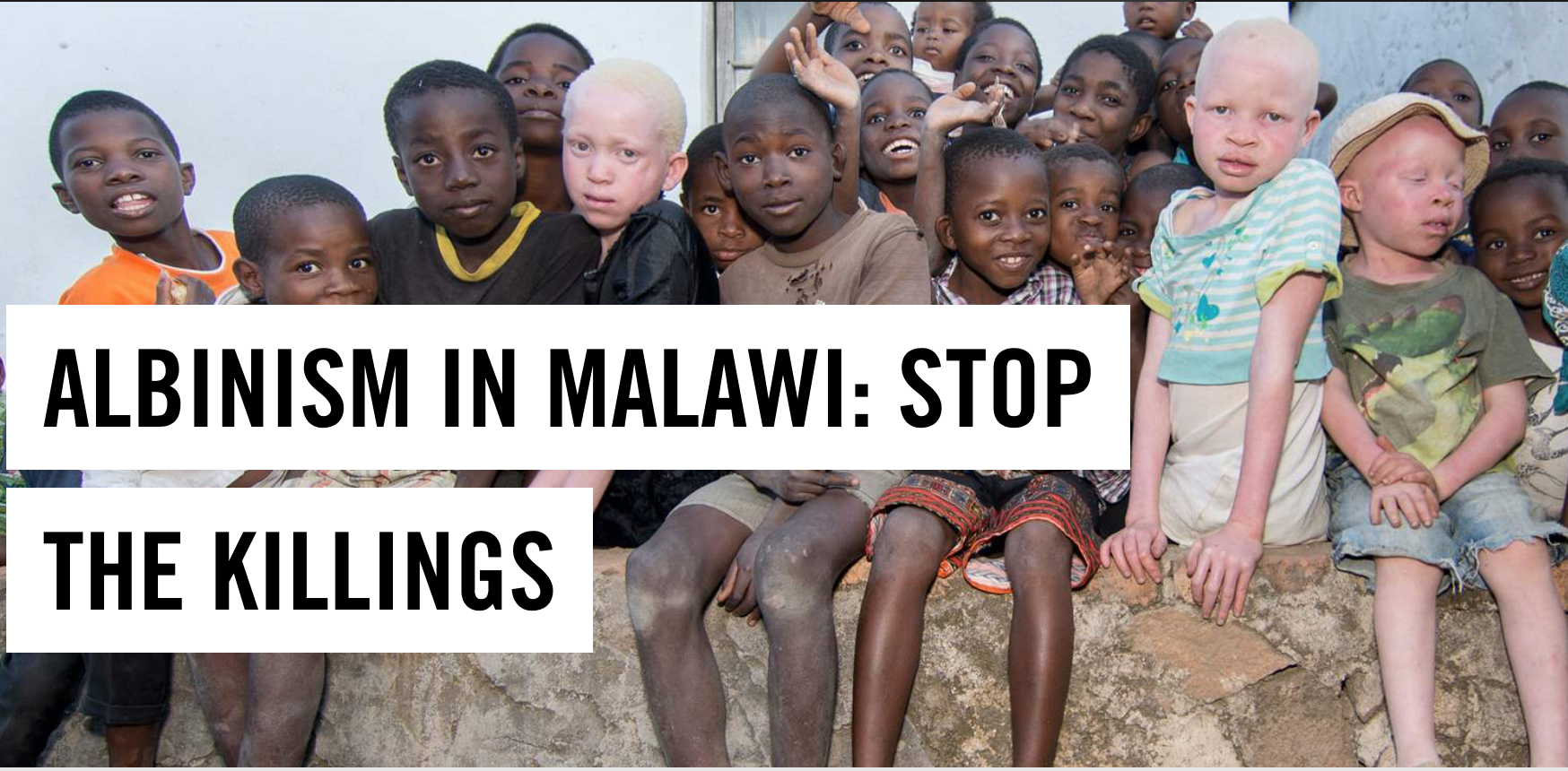
Published: June 2016
By: Amnesty International
Amnesty International report:
THE BLOODIEST MONTH WAS APRIL 2016 WHEN FOUR PEOPLE WITH ALBINISM, INCLUDING A 2-YEAR-OLD BABY, WERE MURDERED.
There has been a surge in killings of people with albinism in Malawi.
In the southern African country, it is estimated that between 7000-10000 people live with albinism, a rare genetic condition present from birth that results in a lack of pigmentation in the skin, eyes and hair.
Attacks increased sharply last year. At least 18 people have been killed for albinism in Malawi since November 2014; five others have disappeared without a trace in that time.
45 incidents were reported last year alone – of murders and attempted murders, abductions and attempted abductions – although the real figure could be much higher, due to the fact that secretive rituals in rural areas are rarely reported. There is also no systematic documentation of crimes against people with albinism in Malawi.

People with albinism are living in fear
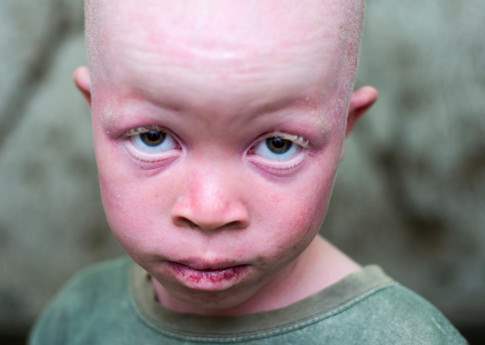
The safe spaces so many of us take for granted – homes and schools – are no sanctuaries. Family members are often involved in the murders and abductions. With the number of attacks on the increase, children are kept away from schools because the journeys there and back are treacherous.
Even after death, their bodies are subjected to grave robberies. Their bones are stolen and sold for use in witchcraft.
There are other challenges faced by people with albinism in Malawi. People with albinism in rural communities (and their families/carers) are seldom given adequate information on the condition, and how to prevent dangerous sun damage. Because of a lack of melanin, people with albinism are sensitive to sunlight, but they are not given access to sunscreens that would make it easier for people with albinism to live normal lives.
Hunted for their body parts
Watch the video: Hunted for their body parts
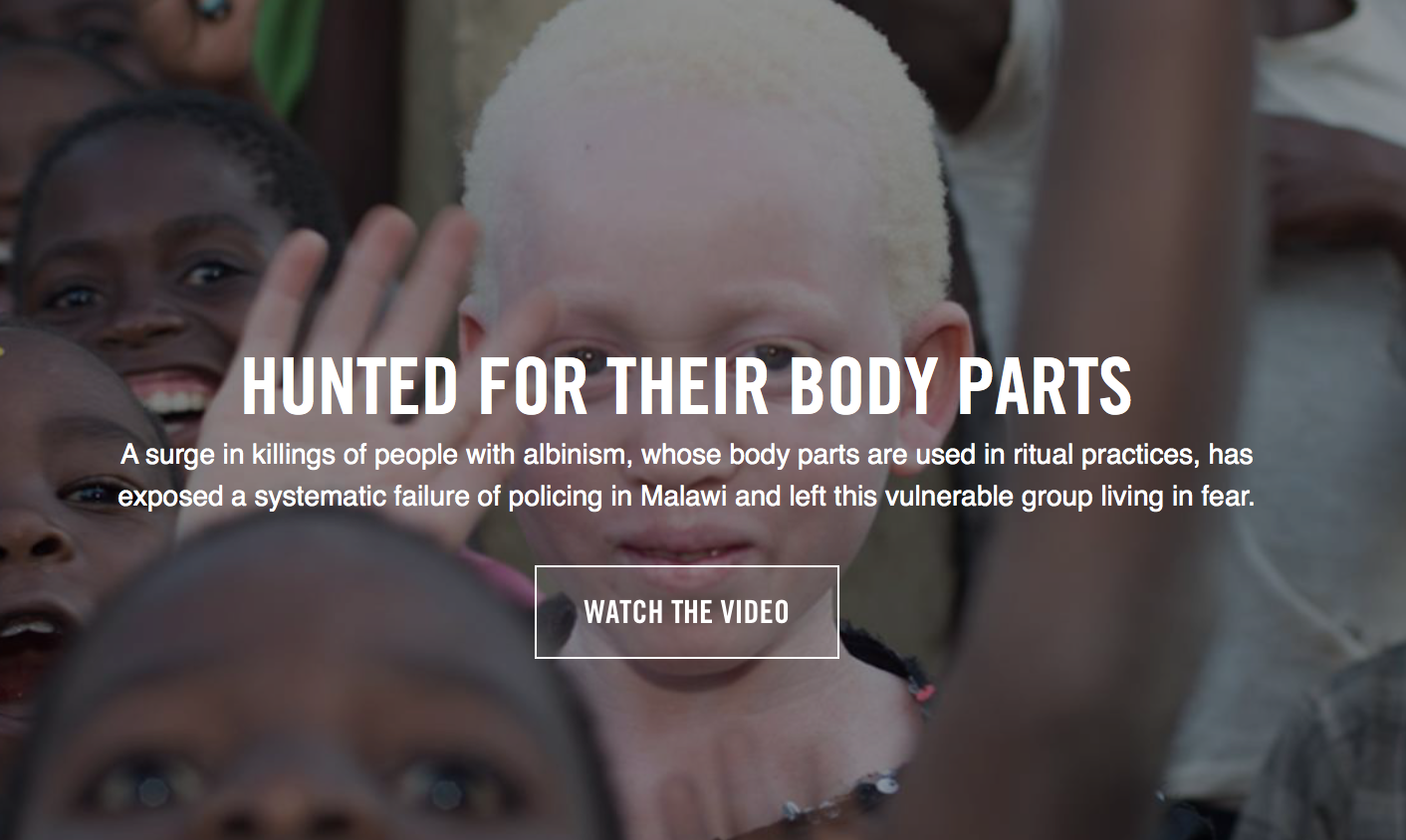
Teenager David abducted at a football match
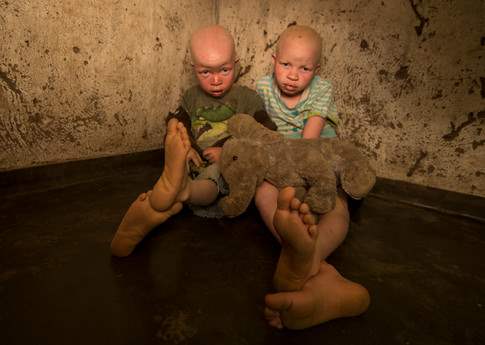
David Fletcher, a teenager with albinism, had gone to watch a football match at Tete football ground in Nambirikira village on 24 April when he went missing. On 2 May, police confirmed that David’s body had been found in Mozambique with his hands and feet chopped off.
David was last seen in the company of a colleague who disappeared along with him, who is still missing.
David was reportedly sold to a traditional healer in Mozambique. Two men were arrested in connection with his murder.
WE ARE NOT ANIMALS TO BE HUNTED OR SOLD
Read the report (published on this site on April 8, 2019)
Since November 2014, Malawi has seen a sharp increase in human rights abuses against people with albinism, including abductions, killings and grave robberies by individuals and criminal gangs. People with albinism are being targeted for their body parts by those who believe that they contain magical powers and bring good luck. This report focuses on the lived experiences of people with albinism in Malawi in the context of superstition-driven attacks against them and the corresponding government failure to protect the right to life for this vulnerable group and to guarantee their right to security of person.
Amnesty International believes that the actual number of people with albinism killed is likely to be much higher due to the fact that many secretive rituals in rural areas are never reported. There is also no systematic documentation of crimes against people with albinism in Malawi.

Baby Whitney taken from her home

Two-year-old Whitney Chilumpha disappeared on the night of 3 April from her home in Chiziya village, Kasungu District. Whitney’s mum alerted the neighbours and they set about searching for the toddler, but Whitney was nowhere to be seen. The mother reported her missing daughter to the police.
On 15 April, baby Whitney’s skull, teeth and the clothes she had been wearing were discovered in a nearby village.
Police are keeping Whitney’s father and another man in custody over her disappearance and murder.
Interview with a mother of a child with albinism, 2016
“When I visited my husband’s village with my child for the first time people called my daughter names. They said she looked like a doll. At work when some colleagues heard that I had a child with albinism they said I now have ‘money’.”
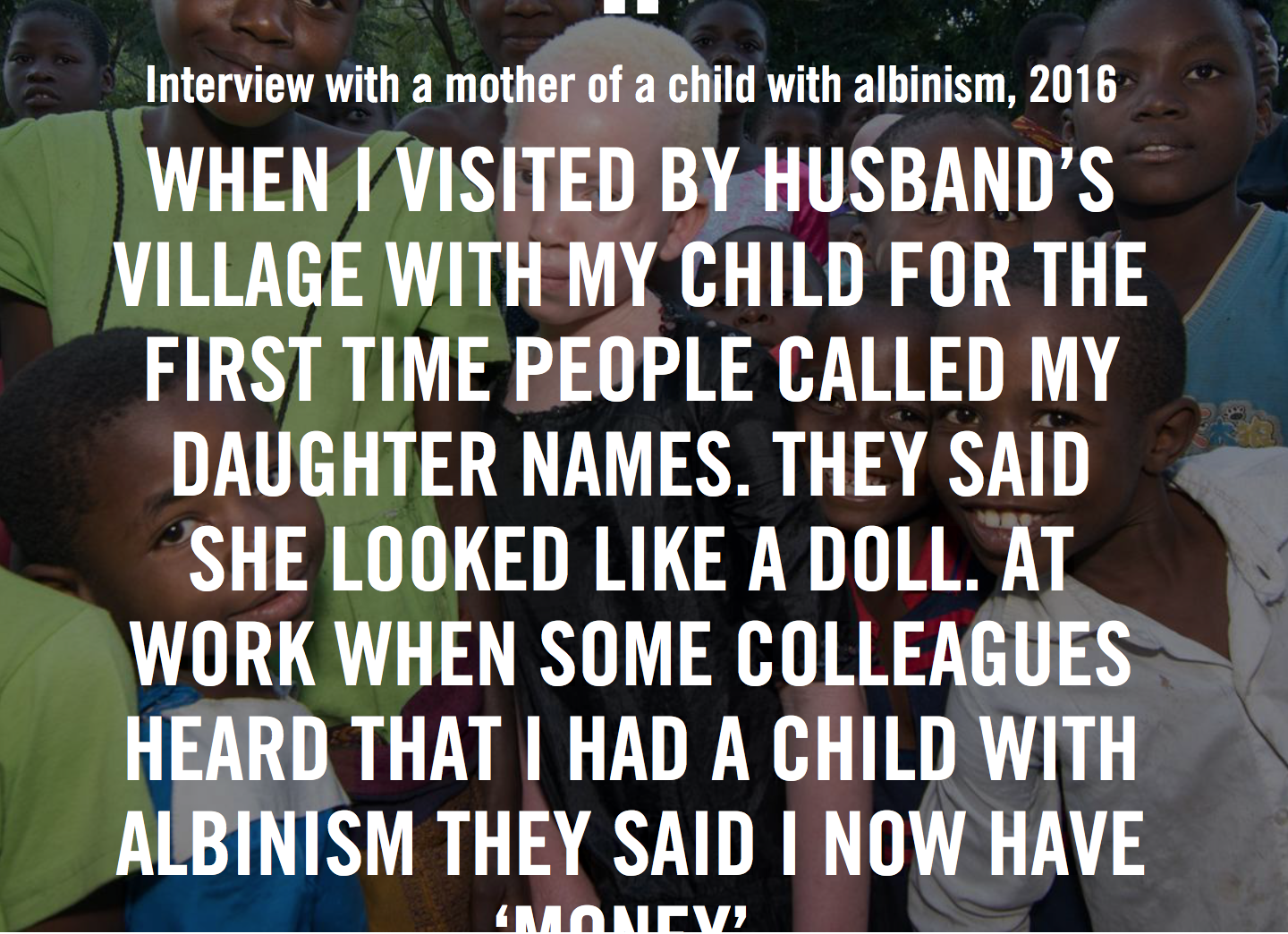
Nine-year old Harry snatched from his home
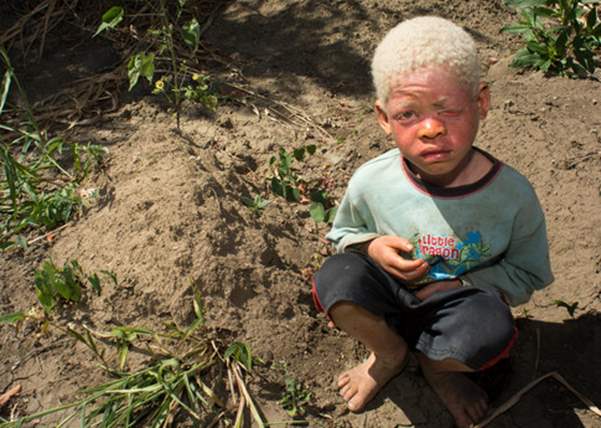
Harry Mokoshini was abducted on the night of 26 February when a gang of men broke into the family home in Moto Village, Machinga district. They took Harry from his mother, threatening and injuring her as they kidnapped her son before her eyes.
Police found Harry’s severed head in a neighbouring village on 3 March.
Harry’s uncle has since been arrested in connection with the boy’s abduction and murder, along with another man who has an existing conviction for possessing the bones of someone with albinism. He had been fined the equivalent of $30 USD for the crime in 2015.
Source: Albinism in Malawi: Stop the killings
